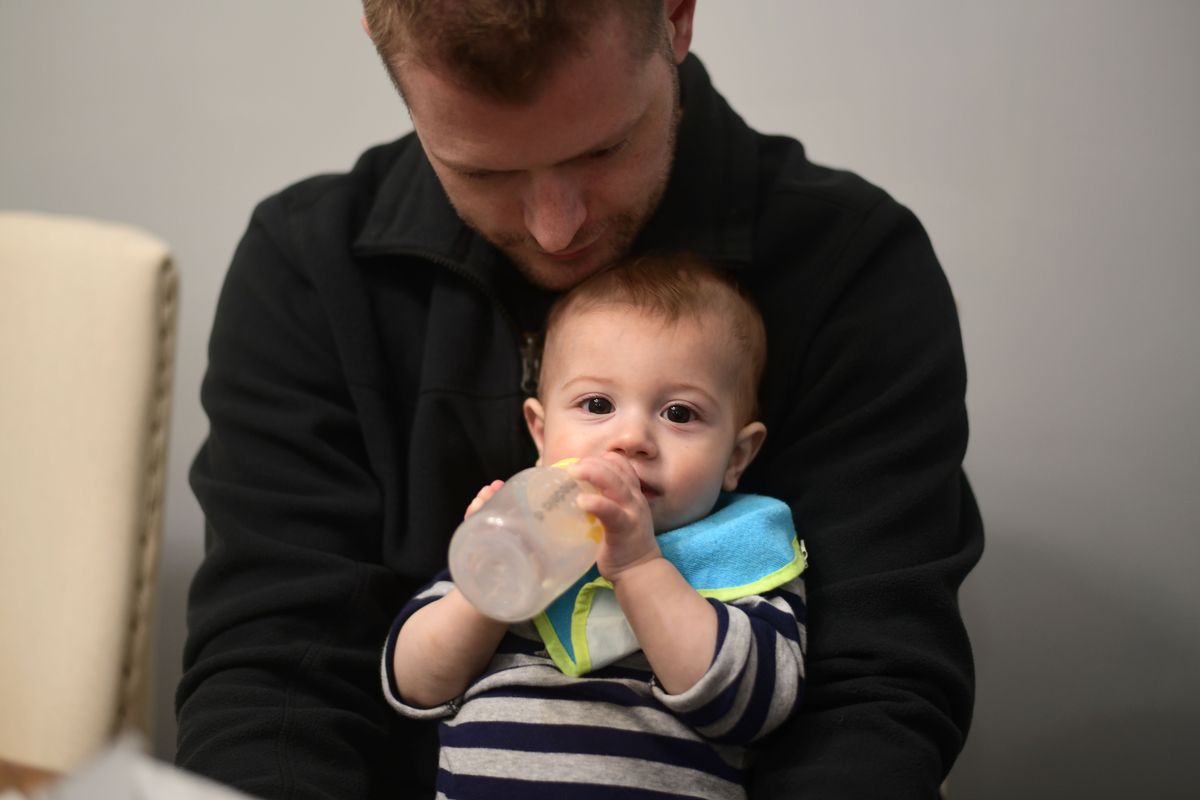If you’re a mom and you’re reading this, odds are you’re already immersed in the world of sleep consulting via social media. Chances are, you’ve also heard the buzz about the connection between feeding and sleep. And you know what? It’s spot on! But here’s the scoop that you might not be privy to: as our littles grow, the type of milk they consume and the foods they eat can significantly sway their sleep patterns.
Feeding and Sleep in Infancy
When our children are babies, you always hear put your baby down drowsy but awake. That works great as newborns, but after 3 months of age. Drowsiness really becomes the enemy. Anything that happens when a baby is drowsy, is then going to be associated with sleep. That means if baby is nursing or taking a bottle and is starting to fall asleep or falls asleep, they’re going to need that feed to fall back to sleep if/when they wake up. My recommendation is to keep the baby wide awake during those feeds, even overnight! That way your baby can start to put themselves to sleep and not rely on you or a feed.
Another common tip I hear is to do a dream feed before you go to bed so baby will sleep later into the night. I’ll admit, I did it too when I was a new mom before I became a sleep consultant. The problem with dream feeds is that we are disturbing baby during their deepest and, typically, longest stretch of sleep. Also, remember what I said earlier about drowsiness? Yep…the dream feed is going to encourage that feed to sleep association. Let your baby wake up on their own to let you know they’re hungry. Trust me, you’ll know if they are!
Nutrition and Sleep for Toddlers
As a mom of two toddlers, I know firsthand that getting toddlers to eat a full meal can be a challenge, especially if they will only eat specific foods or are snack monsters like mine are. If you’re worried that your child didn’t eat well at dinner and might be hungry in the night, adding a small snack into your bedtime routine can be helpful.
The bedtime snack should happen about 45 minutes before bedtime and should be a small portion, not a substitute for dinner. These snacks should be low in sugar and high in protein and healthy fat. Some of my favorite bedtime snacks are whole grain crackers and cheese, toast and apples, toast and nut butter (or sun butter) with banana slices, hard-boiled eggs and whole grain crackers, or fruit and an English muffin with butter. It’s ok to set a timer so they know that they only have 10 minutes to eat their snack. If your child isn’t eating it, don’t force it, but it’s ok to keep boundaries in place so that once the timer goes off, the bedtime snack is over.
If you decide to offer the bedtime snack, I strongly recommend avoiding milk. After a child’s first birthday, milk should no longer be a part of the bedtime routine and no longer be served in a bottle.
Milk at bedtime can actually cause middle of the night wakings. If you look at your milk carton, you’ll notice that cow’s milk has a high sugar content. When your child has milk before bedtime it can cause a spike in blood sugar levels thus leading to hyperactivity and a harder time falling asleep. Then overnight when their blood sugar drops, it causes a sugar crash that can cause them to wake.
Milk over one is to accompany and enrich a child’s diet, not act as a meal replacement. The AAP recommends that children 1-2 years old only need 16 ounces of whole milk a day and children 2-5 years old need about 16-20 ounces of low-fat milk a day. Many times, when milk is offered at mealtimes, children will fill up with their milk and not eat much of their actual food. My recommendation is to offer milk with the daytime snacks and offer water at mealtimes.
When considering the broader context, sleep is a multifaceted aspect of a child’s well-being. Various factors influence sleep patterns, and notably, a child’s eating habits can significantly impact their ability to rest. It’s crucial to ensure infants aren’t fed while drowsy and that toddlers maintain a balanced diet, as this not only supports their growth, but also plays a vital role in promoting healthy sleep habits.
If you have questions about your child’s sleep and how we can help, take advantage of a free 20-minute evaluation call. Sleep is a necessity, not a luxury!

